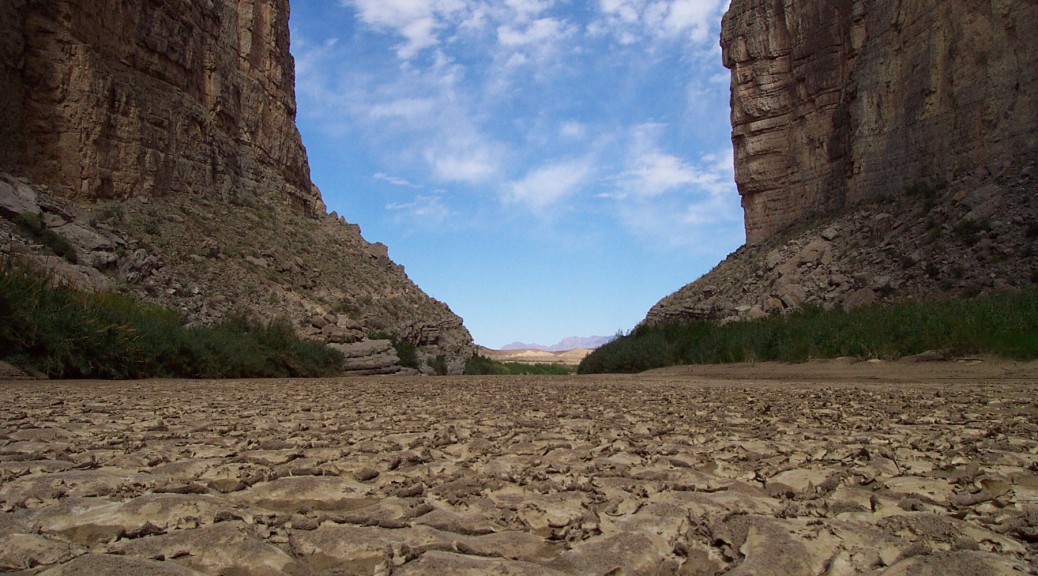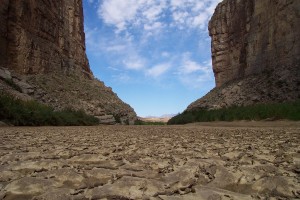Presentation by Jacob Rump
Location: Bowden Hall, Room 216
Date: March 1, 2013
Time: 4.15pm – 5.30pm
Many twentieth-century accounts of history have used geological tropes in addressing the phenomenon of historical knowledge. From Husserl’s account of “sedimentation” in the lifeworld, later taken up and transformed by Merleau-Ponty, to Wittgenstein’s account of the shifting “riverbed of thoughts” and Foucault’s “archeological” examinations of the sands and fault-lines of historical epistemes, geological tropes seem to capture important insights into the relation between contingency, a priority and historicity. This paper approaches the phenomenon of history through a reflection on these geological tropes themselves. Instead of positing a fixed set of structures within which the historical is limited and develops, such tropes suggest a conception of history that asserts only the formal fact that there is a continuity or overlap of structure in history, but not that this structure is itself constant, universal, or predeterminable. On this account, the “a priori” structural elements of history should be seen as neither exclusively determinant of the historical (historical determinism), nor entirely neutral with respect to the determination of historical events (relativist historicism). Such tropes suggest instead that history is always determined within a complex dialectic between only temporarily fixed boundary structures (riverbanks, insoluble sediment, sands, etc.) and free-flowing praxis, a situation in which the Spielraum of historical events is at once determinant of and itself determined by human activity. Paradoxically, then, the constant and “foundational” element in such a conception of history is not the sediment and hard rock of historical facticity, but the formal fact of the constant change and variability of human experience.

